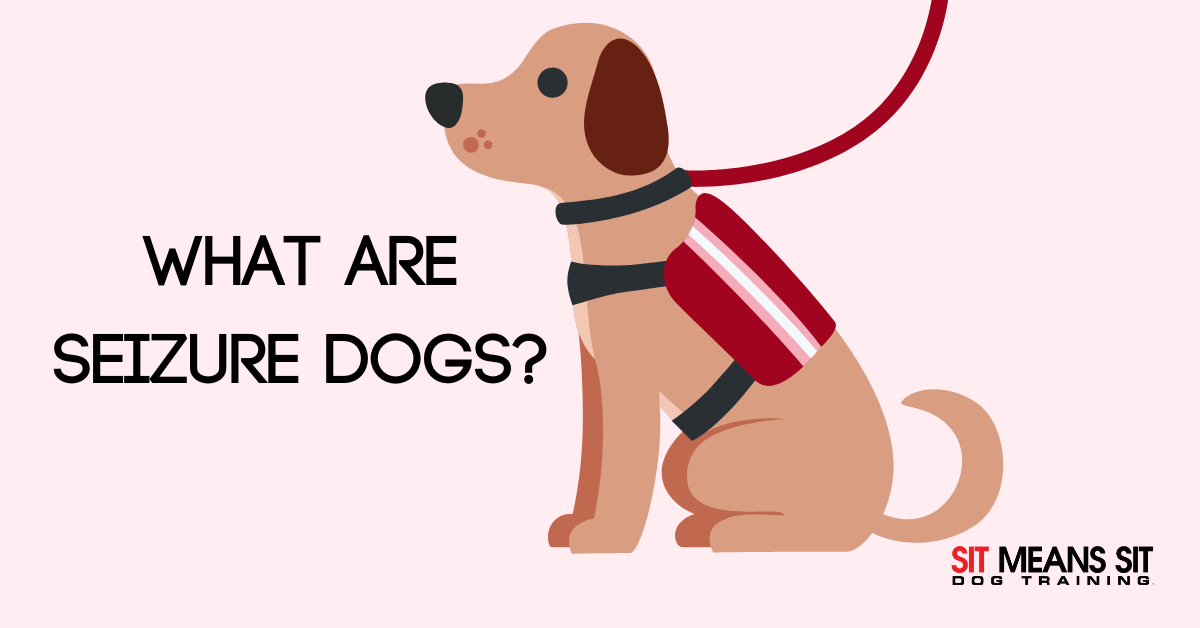
What are Seizure Dogs?
As we know, dogs can help us in many aspects of our lives, even in the medical field. Seizure dogs are just one category of helpful pups in the medical world and deserve every ounce of praise you’ve got!
What are Seizure Dogs?
Seizure dogs are service dogs specifically trained to help owners with seizures. The type of training they receive depends on the handler’s needs. Some pups are trained to be Detection Dogs. These dogs learn to alert their handler with a signal when they detect the onset of a seizure. This allows the owner to get to a safe location.
Some seizure dogs are trained specifically to respond to the seizure instead of detecting it. These Response Dogs are trained to find help or fetch valuable items like a phone or medicine. Puppies can be trained to be detection dogs, response dogs, or both! It just depends on the dog.
How Does My Fido Become a Seizure Dog?
Unfortunately, not every pup can be a seizure dog. Since this is a medical role, only dogs with the right personality, skillset, and temperament can get the training necessary to get the title.
Dogs chosen for the training are assessed as puppies and start as early as eight weeks old. They learn socialization, obedience, and house skills before moving onto the next stage of learning which typically lasts about two years before they get the option to be adopted. The training continues after adoption, so a seizure dog’s work is never done.
Who Can Have a Seizure Dog?
These dogs are typically reserved for people who suffer from frequent seizures or chronic epilepsy. Anyone looking to adopt a seizure dog must go through their own training to learn how to work with this type of animal. Don’t let the impressive title fool you. Though they’re always on the job, they are still pups at heart. An owner and their S.D must form a solid relationship full of compassion, trust, and respect. This allows for both parties to do their parts well.
If you are someone who may need a seizure dog or are considering one for a family member, the Epilepsy Foundation has a list of organizations that can help pair you with the perfect pup.
